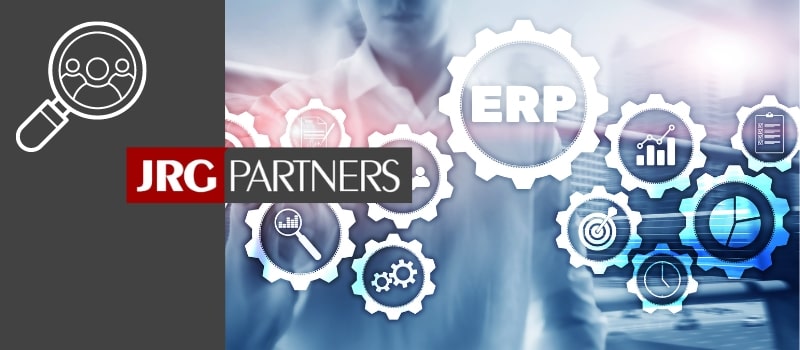Enterprise Resource Planning (ERP) refers to integrated software systems that facilitate the management of core business processes, functions, and resources across an organization, including finance, human resources, supply chain, manufacturing, inventory, customer relationship management (CRM), and other operational areas. ERP systems provide a centralized platform for data collection, storage, analysis, and reporting, enabling real-time visibility, decision-making, and coordination of activities across departments and functions.
ERP software streamlines business operations by automating routine tasks, standardizing processes, and providing insights into key performance metrics, trends, and opportunities. ERP systems typically feature modules or modules that address specific business functions, such as financial management, procurement, inventory management, production planning, sales and marketing, and human capital management (HCM).
By integrating data and processes from different functional areas into a single unified platform, ERP systems enable organizations to improve operational efficiency, reduce duplication and errors, enhance collaboration and communication, and make data-driven decisions that drive business growth and competitive advantage. ERP systems also support scalability and adaptability, allowing organizations to adjust to changing market conditions, business requirements, and regulatory compliance mandates.
Implementing an ERP system involves careful planning, customization, configuration, and training to align the software with organizational needs, workflows, and objectives. ERP implementation projects require cross-functional collaboration, stakeholder engagement, and change management strategies to ensure successful adoption and realization of expected benefits.
While ERP systems offer significant benefits, they also pose challenges, such as complexity, cost, and organizational resistance to change. Organizations must invest in robust project management, governance, and support structures to mitigate risks and maximize the return on investment (ROI) from ERP implementations. Despite these challenges, ERP systems remain indispensable tools for modern organizations seeking to streamline operations, improve productivity, and achieve strategic goals in today’s competitive business environment.
You may also be interested in learning about these terms:
Enterprise Resource Planning (ERP)
Human Capital Management (HCM)
Human Resources (HR)


